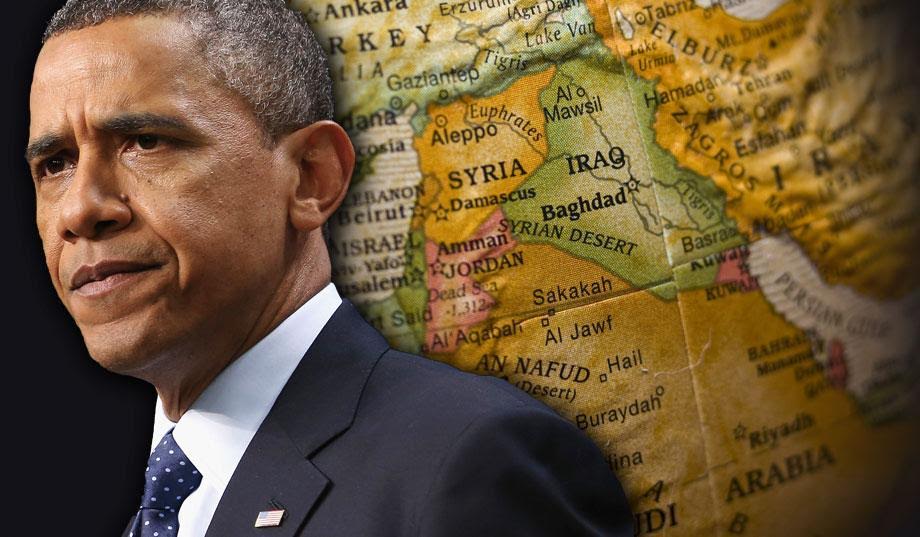Research & Studies

Foreign and Security Policy
Great expectations preceded Barack Obama’s presidency. He seemed to endorse a realist approach to international relations in opposition to the liberal and noeconservative democracy export or nation building.
He endeavored to harmonize the means and ends of the U.S. foreign and security policy in contrast to the previous administration’s willingness to assume a number of new responsibilities.
The presentation wishes to concentrate on the following three areas: the relations with Russia after the “reset”; the “Arab Spring”, and the Obama Administration’s policies in the greater Middle East; as well as the Asia-Pacific region in the context of the “pivot” or “rebalance.”
Finally, it would like to answer the question whether the position of the U.S. in the world changed or not during Barack Obama’s presidency.
You will find Professor Magyarics’s CV HERE!
Date: 20th of November 2017 – at 3.00 p.m.
Venue: Zwinger – Kőszeg Chernel st. 16.